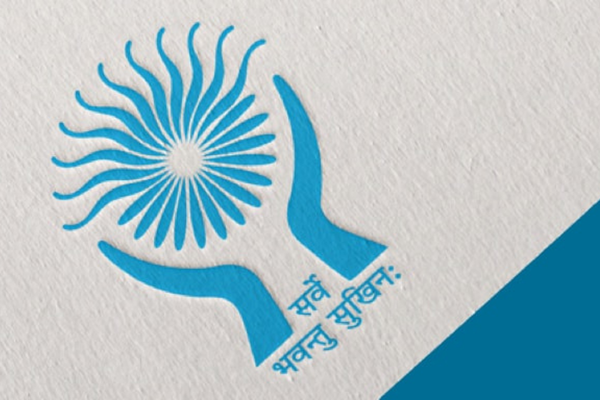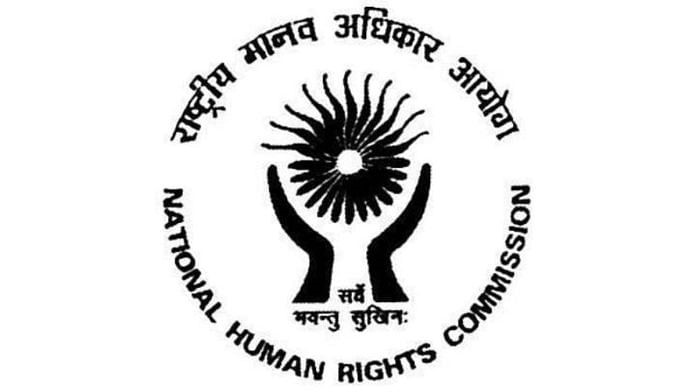The National Human Rights Commission (NHRC) holds Statutory Full Commission meetings focused on the protection of the rights of vulnerable and marginalized groups.
About the National Human Rights Commission (NHRC):
- NHRC, established in 1993, is an independent statutory body created under the Protection of Human Rights Act (PHRA), 1993, and amended by the Protection of Human Rights (Amendment) Act, 2006.
- The Commission was established following the Paris Principles of 1991, which outline international standards for national human rights institutions.
Composition of NHRC:
- NHRC consists of a Chairperson, five full-time Members, and seven deemed Members.
- Chairperson: A person who has been the Chief Justice of India or a Judge of the Supreme Court.
- 5 Members: Including one who is or has been a Judge of the Supreme Court, one who is or has been the Chief Justice of a High Court, and three appointed from among those with knowledge or experience in human rights, with at least one woman.
- 7 Deemed Members: Chairpersons or Chief Commissioners of key National commissions like the National Commission for Backward Classes, Minorities, Scheduled Castes, Scheduled Tribes, Child Rights, Women, and for Persons with Disabilities.
- These members are appointed by the President of India, based on recommendations from a committee comprising the Prime Minister, Speaker of the Lok Sabha, Home Minister, and leaders of the opposition in both Houses of Parliament.
Powers of NHRC:
- NHRC possesses all the powers of a civil court under the Code of Civil Procedure, 1908, during the investigation and inquiry into human rights violations.
- Powers include summoning and enforcing attendance of witnesses, document discovery and production, receiving evidence on affidavits, requisitioning public records, and issuing commissions for examining witnesses or documents.
- It can also recommend compensation to victims and approach the Supreme Court or High Court to enforce human rights.
- Additionally, NHRC has the authority to take suo motu action on human rights violations.
Functions of NHRC:
- Investigates violations of human rights or negligence in preventing such violations by public servants, either on its own initiative or based on petitions.
- Intervenes in court proceedings involving allegations of human rights violations.
- Visits jails and other state-controlled institutions to study living conditions and make recommendations.
- Reviews constitutional and legal safeguards for protecting human rights and suggests measures for their effective implementation.
- Analyzes factors, like terrorism, inhibiting the enjoyment of human rights and recommends appropriate remedial measures.
- Studies international human rights treaties and makes recommendations.
- Promotes human rights research, literacy, and awareness, and supports NGOs and institutions working in the field of human rights.
Ref:Source
| UPSC IAS Preparation Resources | |
| Current Affairs Analysis | Topperspedia |
| GS Shots | Simply Explained |
| Daily Flash Cards | Daily Quiz |


